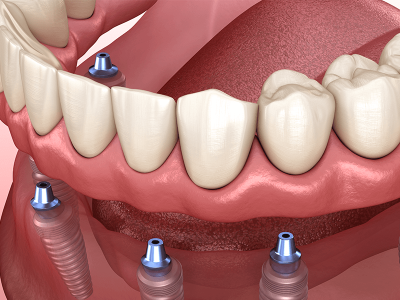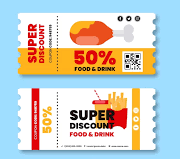The foods you decide to eat are responsible for determining which nutrients your body will receive and in what quantities. The term ‘nutrients’ refers to elements that allow your body to:
- Manufacture energy,
- Build and maintain tissues, and
- Regulate processes in the body.
If you eat a healthy diet that is full of a variety of high-nutrient foods, it is more likely that you will enjoy good health as opposed to if you eat a poor diet that is lacking in nutrients.
When it comes to good nutrition, there are two significant principles that you must keep in mind. These are:
- Fresh Foods are the Best for You, and
- Moderation.
These two straightforward recommendations may seem easy in theory however it is MUCH more difficult than you think to combine these into your daily routine. This is especially given the wide availability of pre-prepared meals, frozen meals as well as fast food. The hectic and frantic paces of most of our lives leaves little time for meal preparation. This often leads you to turn to fast foods and pre-prepared meals that leave your body empty of nutrients.
Why buy fresh
There are a number of reasons why buying fresh foods is better for you as opposed to purchasing frozen meals:
Nutrients
The process of freezing has been shown to reduce the value of nutrients of a meal. Meals which are frozen generally don’t provide adequate quantities of vegetables as well as fruits. As vegetables and fruits deliver many of the vitamins as well as minerals that are essential to our health. This means that we want to guarantee that we eat enough of them.
Hydration
Fresh fruits and vegetables have an increased water content. This means that the offer natural hydration which is important for the health of cells.
Healthy Fats
There is a great difference in the health value of various oils and fats. If you prepare the meal yourself, you’re in control of which oils and fats are in the meal.
Enzymes
Enzymes assist with digestion and absorption of nutrients through the process of breaking down the food into absorbable parts that can be used by our bodies. Enzymes have to be removed from fresh food for it to have a shelf life. In addition, it is believed that freezing lowers enzyme activity.
Moderation
How many times have you heard someone say the phrase “everything in moderation?” But what exactly does “moderation”, in terms of nutrition, mean? There is no scientific definition to the term, though nutrition textbooks define a moderate diet as one that “avoids excessive amounts of calories or any particular food or nutrient.” But that doesn’t tell you very much and can be subjective based on how many calories and nutrients you think you need. Luckily, there are recommendations on how many calories, particular foods and even nutrients to consume.
Physical and mental pain
Good nutrition helps with and can cure physical and mental pain.
If your brain does not get good-quality nutrition, or if free radicals or damaging inflammatory cells are freely moving within the brain’s enclosed space and further contribute to brain tissue injury, negative consequences can be expected.
For many years, medical experts were not convinced that a connection exists between mood and food. Today, luckily, the growing field of nutritional psychiatry is discovering that there are many consequences and correlations between:
- What you eat,
- How you feel,
- How you ultimately behave, and
- The kinds of bacteria that are present in your gut.
How what you eat affects how you feel
Serotonin is a neurotransmitter which assist you with:
- Regulating sleep and appetite,
- Controlling moods, and
- Inhibiting pain.
Because about 95% of your serotonin is formed in your gastrointestinal (GI) tract, and your GI tract is lined with a hundred million nerve cells (neurons) it makes sense that your digestive system help you digest food but also guides your emotions.
The functioning of these neurons — and the production of neurotransmitters like serotonin — is highly influenced by the billions of “good” bacteria that make up your intestinal microbiome. These bacteria play a vital role in your health:
- They protect the lining of your intestines,
- Ensure that they put up a strong barrier against toxins and “bad” bacteria,
- They provide a barrier to inflammation,
- They are responsible for improving how well you absorb nutrients from your food, and
- They initiate neural pathways that travel directly between the gut and the brain.
So, as you can see, good nutrition plays a big part in your mental, physical health and fitness. There’s no excuse for not eating properly – your body will thank you in the end!













Comments